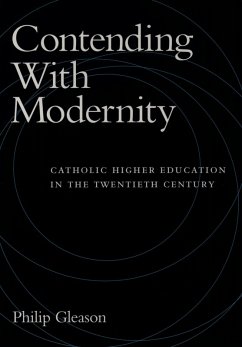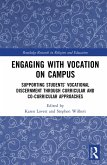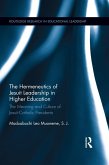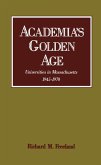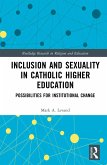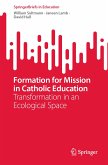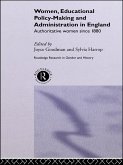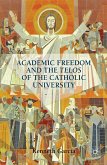How did Catholic colleges and universities deal with the modernization of education and the rise of research universities? In this book, Philip Gleason offers the first comprehensive study of Catholic higher education in the twentieth century, tracing the evolution of responses to an increasingly secular educational system. At the beginning of the century, Catholics accepted modernization in the organizational sphere while resisting it ideologically. Convinced of the truth of their religious and intellectual position, the restructured Catholic colleges grew rapidly after World War I, committed to educating for a "Catholic Renaissance." This spirit of militance carried over into the post-World War II era, but new currents were also stirring as Catholics began to look more favorably on modernity in its American form. Meanwhile, their colleges and universities were being transformed by continuing growth and professionalization. By the 1960's, changes in church teaching and cultural upheaval in American society reinforced the internal transformation already under way, creating an "identity crisis" which left Catholic educators uncertain of their purpose. Emphasizing the importance to American culture of the growth of education at all levels, Gleason connects the Catholic story with major national trends and historical events. By situating developments in higher education within the context of American Catholic thought,
Contending with Modernity provides the fullest account available of the intellectual development of American Catholicism in the twentieth century.
Dieser Download kann aus rechtlichen Gründen nur mit Rechnungsadresse in A, B, BG, CY, CZ, D, DK, EW, E, FIN, F, GR, HR, H, IRL, I, LT, L, LR, M, NL, PL, P, R, S, SLO, SK ausgeliefert werden.

